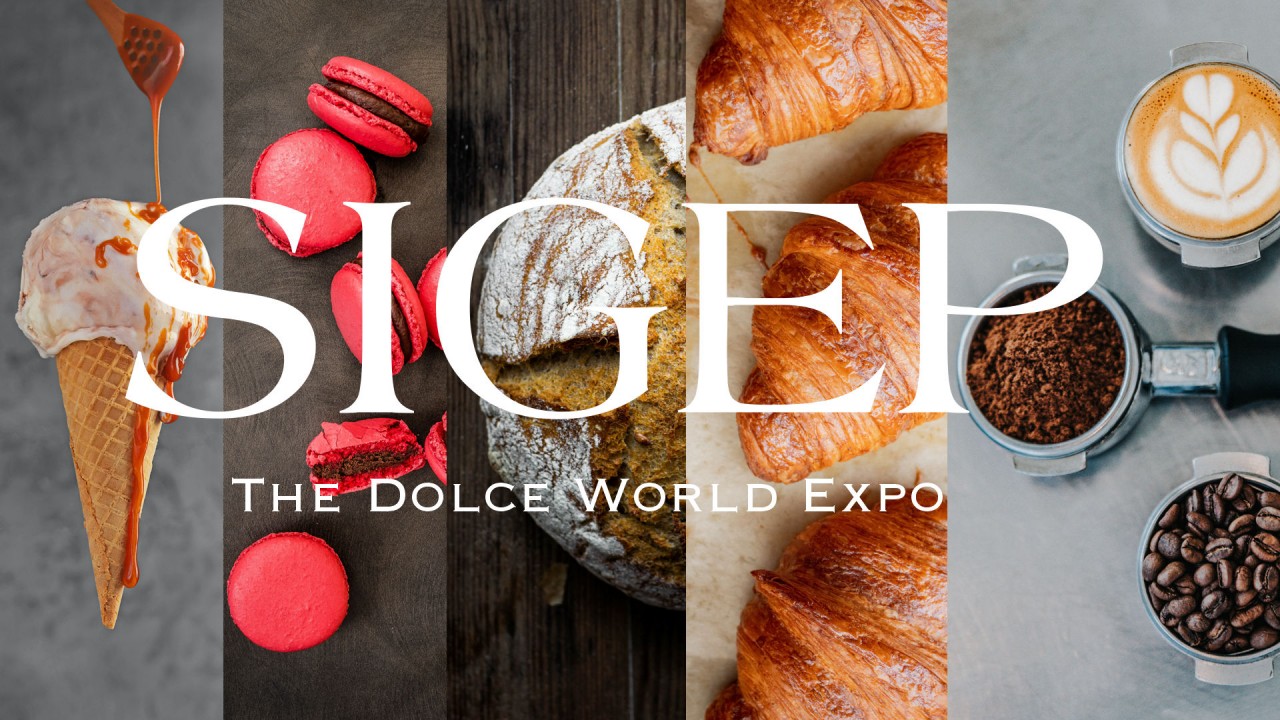
The recently concluded Sigep 2022, the International Exhibition of Artisan Gelato, Pastry, Bakery and (now also) Coffee reserved for professionals, after two years back in attendance in the halls of Rimini Fiera, brought home a great result and a breath of optimism for the entire catering sector. Italian Exhibition Group, the company formed by the merger of the Rimini and Vicenza exhibition centres, managed to organise an event rich in content, have most of the companies booked on the stands and achieve a declared -25% drop in the total number of visitors to the event compared to 2019.
Few would have bet that it would be staged, when at the beginning of the year the event was postponed to March (from the classic January dates) in the midst of the marasmus of Omicron variant contagions. There was certainly no shortage of problems for the organisers, who had to put up with the cancellation of some of the main companies in the world of gelato making, historically the mainstay of this event, and the hesitation of many who waited until the last minute to confirm their participation (doubtful about the presence of visitors).
At the entrances, patrols of smartphone-capable girls who skimmed visitors' green passes (the patron of Hausbrandt Caffè, Zanetti, was left out) prevented queues and delays at the turnstiles, while the compulsory wearing of masks (more or less followed...) inside the pavilions allowed the event to run as smoothly as in pre-pandemic times. There were queues for tastings at the stands, crowds at the arrival of the most famous testimonials and even queues in the toilets on Mondays, an inconvenience seen as a nuisance in the past, but greeted this time with a smile, thinking at last of a return to normality. At first glance, the stands in the pavilions dedicated to bakery and coffee were much more crowded (in terms of company presence) than those dedicated to gelato, but the skill of the organisers was to fill the enormous spaces (which have been enlarged in recent years to accommodate an ever-growing demand for new companies to participate) despite everything, creating content, meetings and talks hosted in the 'vertical' arenas (Gelato, Pastry, Confectionery, Bakery and Pizza). (Ice Cream, Pastry, Bakery and Coffee), which to tell the truth were not always very crowded. The companies present returned home for the most part, because with less direct competition they had the chance to make themselves known to visitors, often with a 'smaller' presence in smaller (and therefore cheaper) stands, but with unexpected contacts (and even a few exhibitors) from abroad, especially from Arabic-speaking countries.
In coffee we saw the large stands of the mega-companies presenting specialty brands and, once again, 'alternative' extractions (such as coldbrew), usually associated with small roasters. There is an attempt to highlight the quality of the beans used... and justify the increase in average receipts. Panettone takes centre stage alongside the pizza ovens.
The focus on a public looking for something different, such as vegan food, remains, as do more fashionable proposals that make room for mixology, now inevitable on the counters of any company specialising in furnishings, or ready-to-drink cocktails, the offspring of the various lockdowns that have taken place, presented in single-use sachets or bag-in-boxes for large consumption.
We have seen robot waiters on duty, those remote-controlled trays we discovered in the corridors of Chinese covid-hotels, as well as a plethora of cash systems and automatic orders, because the problem of staff shortages in the catering industry is still on the agenda. It has to be said that today there is no shortage of reasons to worry about the future of the catering industry, between the explosion of electricity, gas and raw material costs (above all coffee, flours but also simply packaging materials), or equipment that is unavailable due to a lack of construction elements or spare parts, all problems exacerbated by an international crisis with no solution on the horizon.
The world of ice cream suffered from the absence of some top-players among the companies (credit, however, to Babbi, which believed in it and presented itself with a huge stand) and therefore fewer new products were seen. The focus remained on more sustainable machines with reduced energy and water consumption (a burning issue today) and hybrid proposals that meet the needs of high-end restaurants and hotels with multifunctional machines that can both heat and cool in the same cylinder, so as to be able to make both ice cream and pastries.
Sigep has always been an eagerly awaited stage for attracting the press and media attention, with testimonials always instrumental to visibility and therefore the stars of many stands. Worthy of mention is the first outing of the renewed Ampi led by the new president Sal De Riso (the Association of Italian Master Confectioners), fresh with a new logo and line-up, and orphaned of Iginio Massari who founded it and recently left (not without controversy), who wasted no time in presenting the newborn APEI (Association of Ambassadors Pastry Chefs of Italian Excellence). He then unveiled the candidacy project for the recognition of the 'masters of traditional Italian ice cream' as a Unesco World Heritage Site (along the lines of the art of Neapolitan pizza makers, already chosen as an intangible Unesco heritage in 2019).
There was no shortage of competitions, with Rosario Nicodemo (for Gelato) and Leandro Faraci (for pastry) selected as the Italian representatives of the Gelato European Cup, Fabio Dotti winner of the Italian Cup Tasters Championship and therefore by right a participant in the World Cup Taster Championship in June in Warsaw, and Matteo Pavoni winner of the Italian Barista Coffee Championship who will represent us in Australia at the World Coffee Championship.
Lastly, we announced the export of our trade fair know-how (and of the companies that follow it) with the first edition of Sigep abroad in China in 2023 in Shenzhen in collaboration with Germany's Koelnmesse.


















































































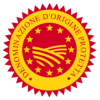

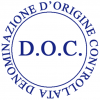

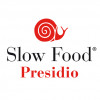
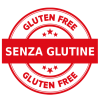

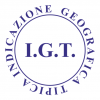
Leave a Comment